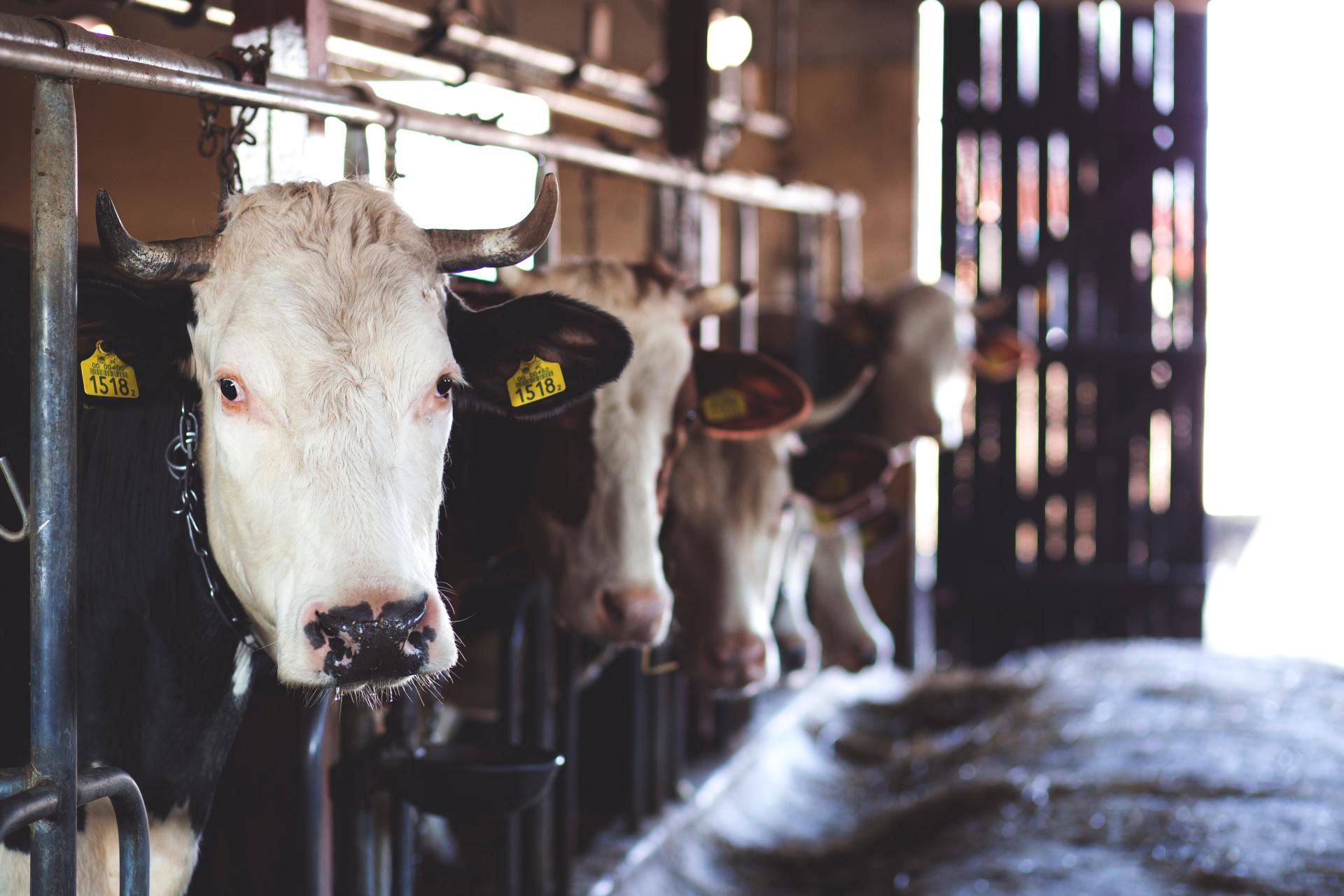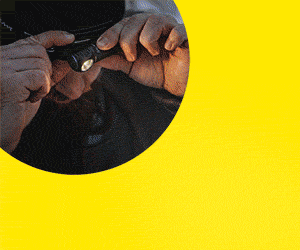1MG FlippingBooks
New project shares Australian beef science to support South African farmers
A new project is teaching Australia’s world-class beef knowledge to South African smallholder cattle farmers.
The High Value Beef project – funded by the Australian Centre for International Agricultural Research and led by former chief executive of the Beef CRC , Professor Heather Burrow – is using science from the Meat Standards Australia (MSA) paddock-to-plate grading system to help African smallholders meet strict market specifications.
Farmers who can reliably produce beef satisfying these specifications will then be able to sell their beef as “free range” through Woolworths South Africa and earn a 15 to 18 per cent premium.
According to MSA-guided taste-testing panels, smallholder cattle can offer the same or better eating traits than feedlotted commercial cattle. However, South African feedlots are heavy users of hormone growth promotants, which toughen meat and degrade their eating quality.
The MSA eating quality standards prescribe the cattle management required to ensure that beef has the greatest likelihood of meeting grading criteria.
To fulfil the target free range market specifications, African smallholders will need to make changes such as reducing stocking rates of their farms, using planted pastures or supplementary feed through winter and selling off surplus stock much sooner than they usually would.
“Even from a pragmatic business perspective, smallholder farmers normally couldn’t make the required changes because they would cost too much,” says Professor Burrow. “But in this case, they will be more than compensated by the Woolworths premium.
“But first we have to get enough smallholders prepared to change their management to provide a consistent supply of beef to Woolworths. If we succeed in this, it really could be revolutionary — not just for the smallholder farmers we are working with now, but for smallholders across other provinces, whether they are producing cattle or other commodities.”
The High Value Beef Project may also produce unexpected returns for Australian agriculture.
“To bring these farmers into a specifications-driven production system, we have to design cultural programs that help farmers change their behaviour,” says Professor Burrow. “What seems at first glance to be a business challenge really is a cultural challenge.”
These cultural obstacles have parallels with the barriers to adopting innovation in Australian agriculture.
Psychological profiling has shown a majority of South African farmers will only embrace change if there is adequate incentive to do so. Australian farmers have a very similar industry profile, meaning they must be persuaded to adopt new strategies.
To develop programs that will help the project’s farmers overcome personal and cultural resistance to change, Professor Burrow has recruited a range of specialists from the University of New England.
“If we’re successful in Africa, we see potential to bring these interventions into Australian rural research and development extension programs to speed up local adoption of innovation,” she says.
You can find out more about the High Value Beef Project by watching this video.















